qīn, qìng
relatives
Original meaning:
chestnut tree
Phonosemantic compound. 木 represents the meaning and 辛 represents the sound. Based on the original meaning "chestnut". This character was repurposed during character simplification as the simplified form of 親.
Evolution

Bronze script
Mid Western Zhou (~900 BC)
Seal script
Shuowen (~100 AD)
Clerical script
Western Jin dynasty (266-316 AD)Regular script
ModernDefinitions
Sources
